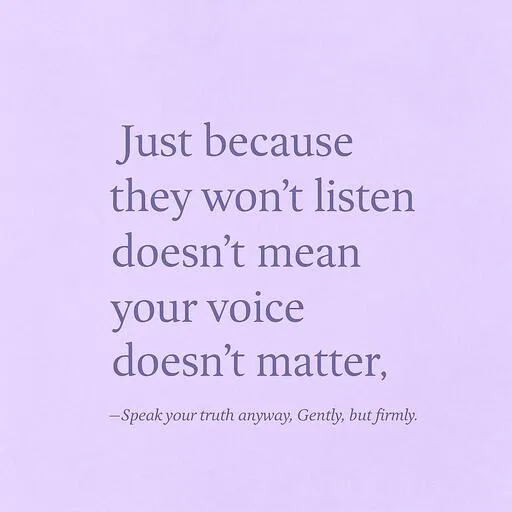Learn 7 practical listening habits inspired by therapy that can deepen relationships, build trust, and make others feel truly heard and safe.
Listening Is a Gift
In today's fast-paced world, truly listening to someone is a rare and meaningful gift. It's more than just nodding while someone speaks—it's about making people feel seen, safe, and understood. Therapists are trained to do this every day, but the good news? These techniques are easy for anyone to learn and apply in daily life. Understanding
the power of empathetic listening is the foundation.
7 Listening Habits That Build Connection
Whether you're supporting a colleague, deepening a friendship, or connecting with a loved one, these habits can transform ordinary conversations into powerful moments of trust.
1. Be Fully Present
Put the phone down. Close the laptop. Make eye contact. These simple actions send a powerful message: “You have my full attention.” In a distracted world, presence is the new superpower.
2. Listen Without Judgment
Let go of trying to label what they’re saying as right or wrong. Just listen—with curiosity, not critique. Creating a judgment-free zone gives others permission to speak openly and honestly.
3. Reflect What You Hear
Paraphrase what someone shares to show you're tracking. A phrase like, “It sounds like that’s been weighing on you,” helps others feel heard—and gives them clarity too.
4. Validate Their Emotions
You don’t have to agree with someone’s feelings to acknowledge them. Try, “That sounds really frustrating” or “I can see why that would upset you.” Validation is a powerful connector.
5. Ask Thoughtful, Open Questions
Instead of “Are you okay?” try “What’s been the hardest part for you?” These questions gently open the door to deeper conversation without feeling intrusive.
6. Let Silence Do Its Work
Don’t rush to fill the quiet. Sometimes, a moment of pause gives space for reflection—or for something meaningful to surface. Be comfortable holding that silence with presence.
7. Let Your Body Say You Care
Lean in. Keep your posture open. Mirror their tone or energy when appropriate. Nonverbal cues like a soft smile, a head tilt, or relaxed shoulders communicate empathy louder than words.
A Small Shift, A Big Impact
You don't have to master all of these at once. Try just one in your next conversation. Listening this way isn't about saying the "perfect" thing—it's about showing up with genuine care and attention. When we listen with our whole selves, we create moments that matter. Remember, knowing
what not to say when someone opens up is just as important as good listening techniques.





